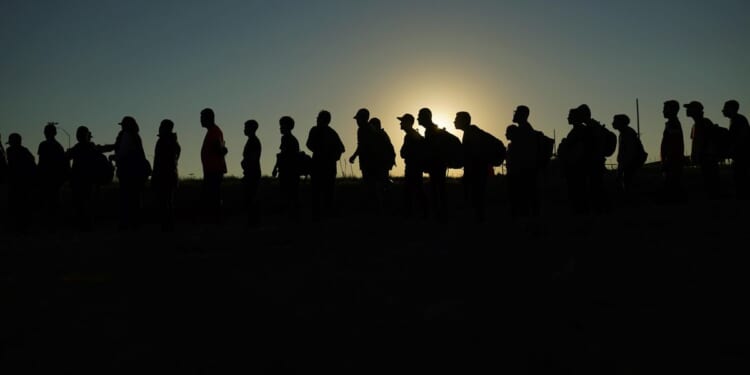
Mexico filed a brief in a U.S. court Thursday asking judges to block Texas from enforcing its strict new immigration law, saying it’s unfairly frightening Mexicans who live in the state.
America’s southern neighbor also said the law, known as SB4, will damage diplomatic relations and business between Mexico and the U.S.
“Mexico is deeply concerned that SB4 will be applied in a discriminatory manner and fears that its enforcement will lead to improper harassment, detention, removal, and criminalization of Mexican citizens and individuals of Latino appearance,” the country said in a brief by U.S.-based lawyer Sinead O’Carroll.
The document was filed with the 5th U.S. Circuit Court of Appeals, which is deciding whether to allow the law to take effect while challenges are heard in the courts.
SB4 creates state-level penalties for entering the country illegally, with both a criminal punishment and a type of deportation as options for state judges. The criminal penalties were written to match federal law, with a misdemeanor for a first offense and a felony for repeat offenders.
The law also allows a judge to order deportation, which would mean state authorities take a migrant back to the border.
The state says it’s aimed at recent arrivals and is intended to give the state the power to enforce laws where the federal government won’t.
State officials have said they expect 80,000 arrests a year under the law.
Mexico said Texas won’t enforce the law with fairness, and it will be used against Latinos in particular. They make up the majority of illegal immigrants streaming across the southern border.
Mexican officials also said the country’s consular workload will soar if SB4 takes effect because it will leave the government having to sort through both state and federal charges for illegal immigrants.
And Mexico said the deportation provisions would infringe on Mexico’s right to determine who enters its territory. The result would be “substantial tension” in diplomatic relations if SB takes effect.












